Work in progress…
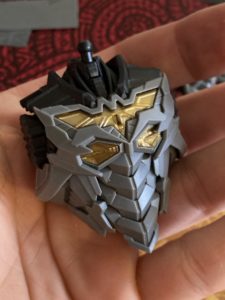
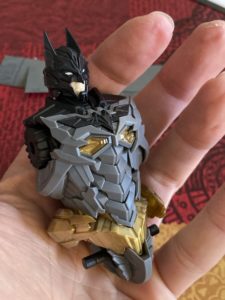
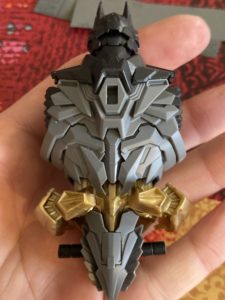
Work in progress…



Dear visitors,
I’m taking a few well-deserved days off, and I’m diving into a project that fans of superheroes and gunplas are sure to enjoy! Right now, I’m working on assembling Bandai’s Batman kit, an impressive model that brings together the Dark Knight’s universe with the fun of model-building.

It’s always a pleasure to see each piece come together, and I can’t wait to share my progress with you. Stay tuned—photos will be coming soon!
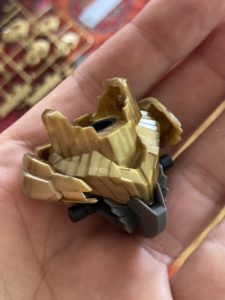
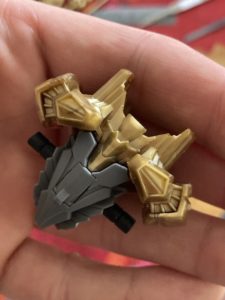
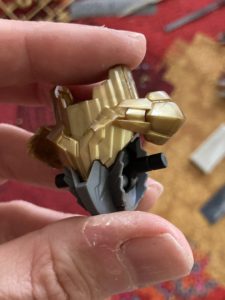
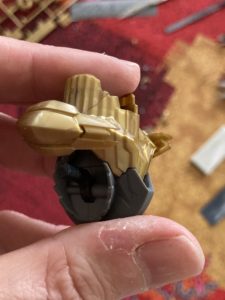
See you soon 😉 !
Build done ✔️
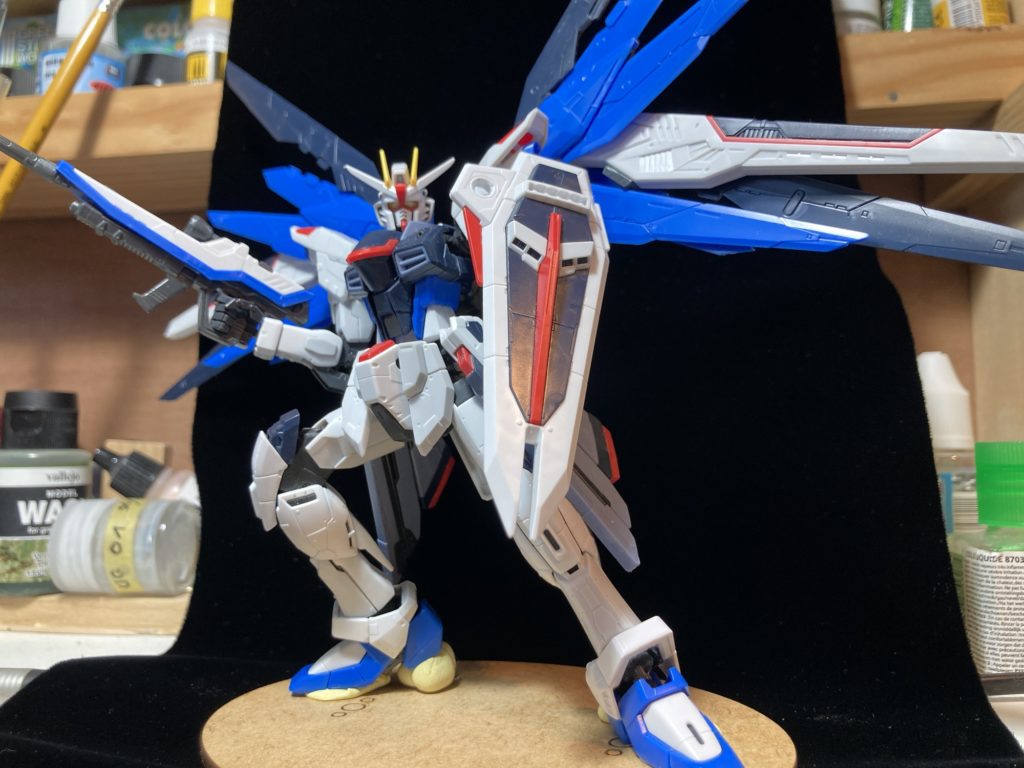
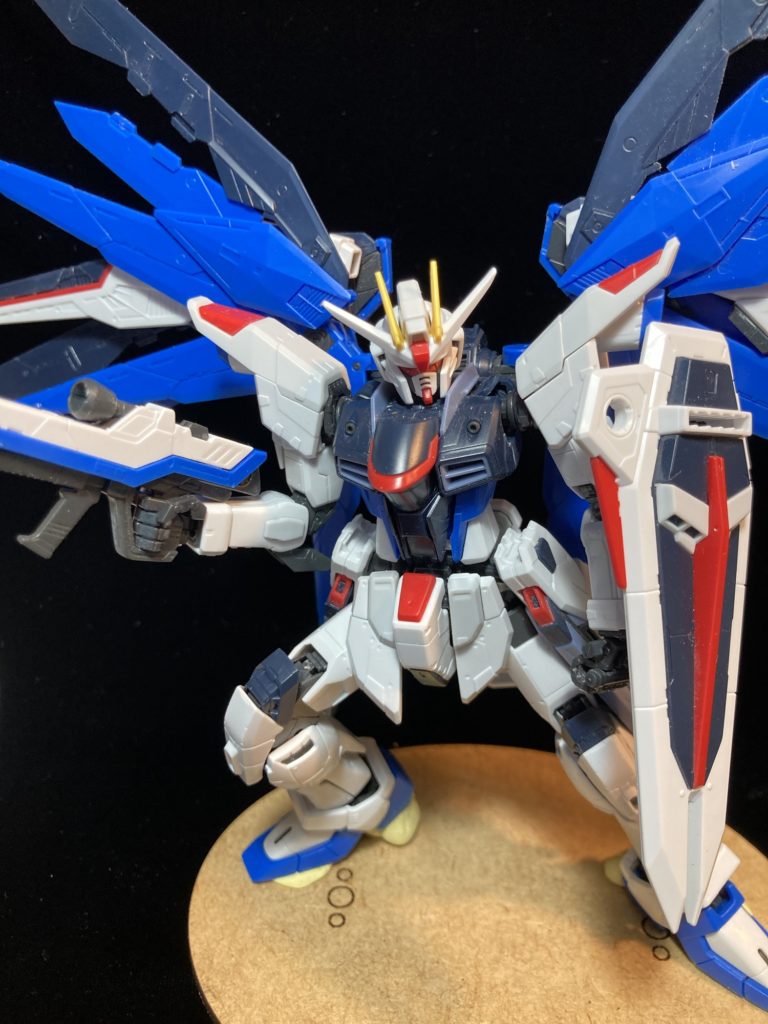
Next step : primer coat on leg parts
See you soon 😉

This is my 4th steps techni to paint reallistics metal parts :








See you soon 😉
I made a little progress on the Leynos model kit from PLUM.
If you wanna see the work made before : Previously
I assembled and glued the rifle, and sanded the joints.
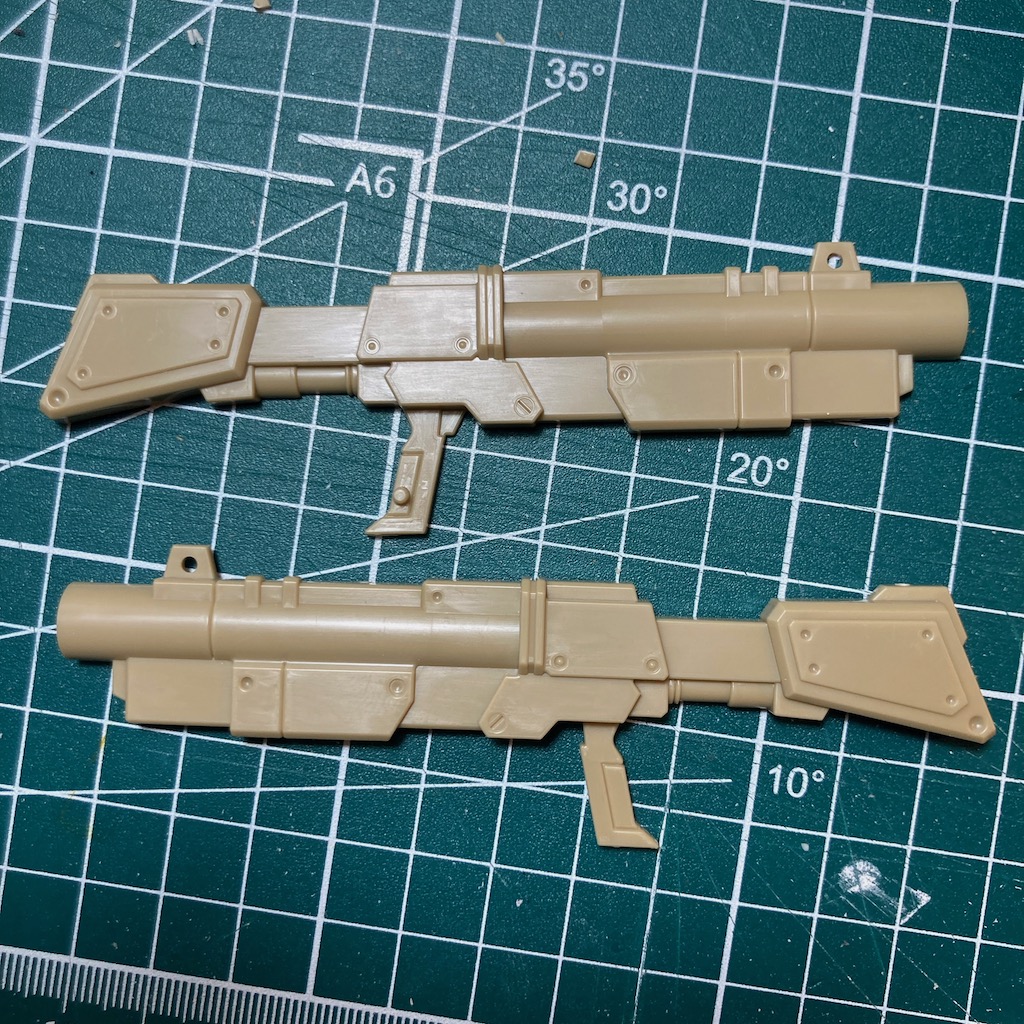
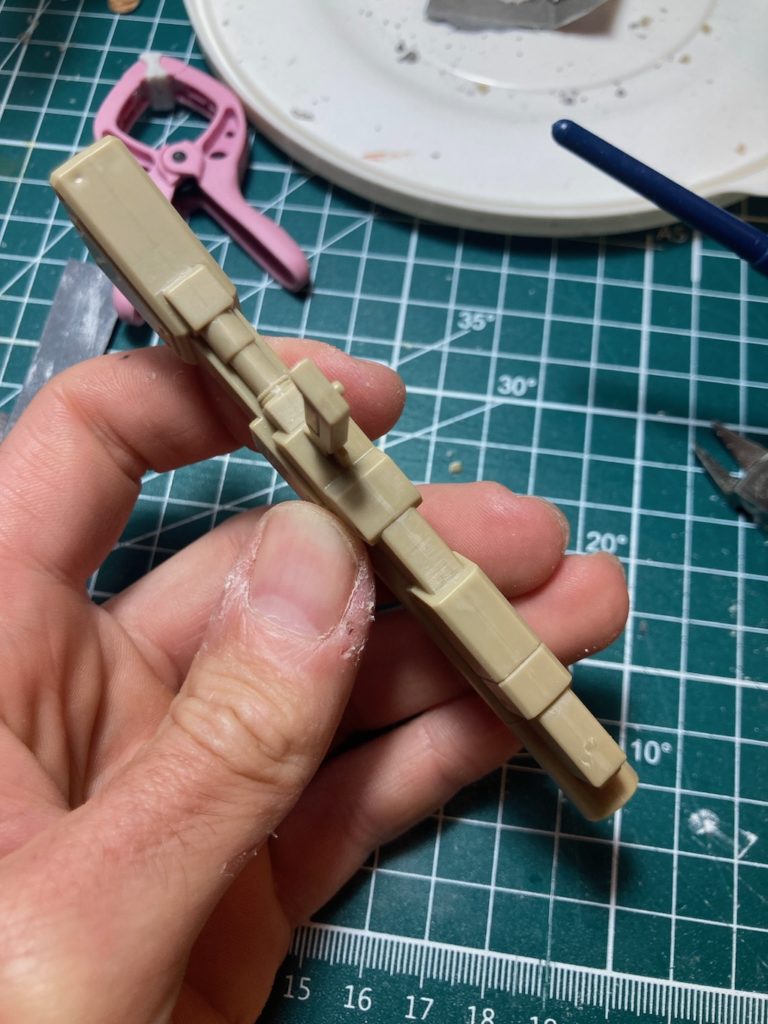
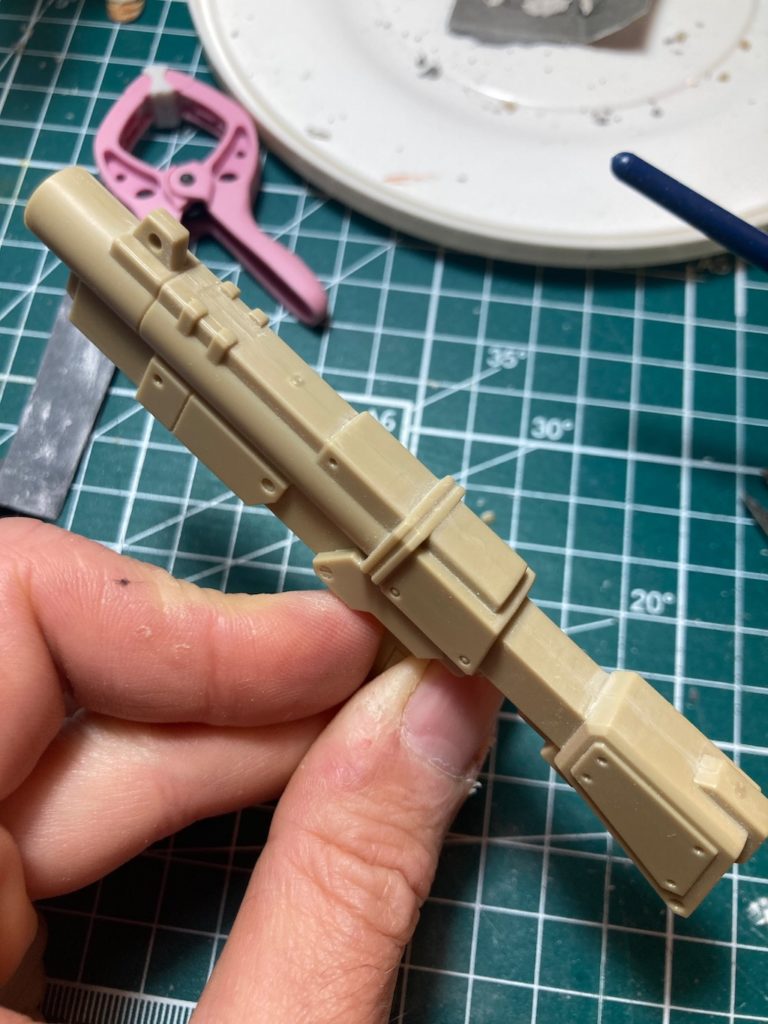
Then I worked on the legs. I modifed a few parts to enable me to easily assemble and disassemble the various parts that compose the legs. The aim was to paint the sub-assemblies in different colors, while keeping the parts glued and the joints as inconspicuous as possible.
So I sawed off the legs … There’s no other way to put it
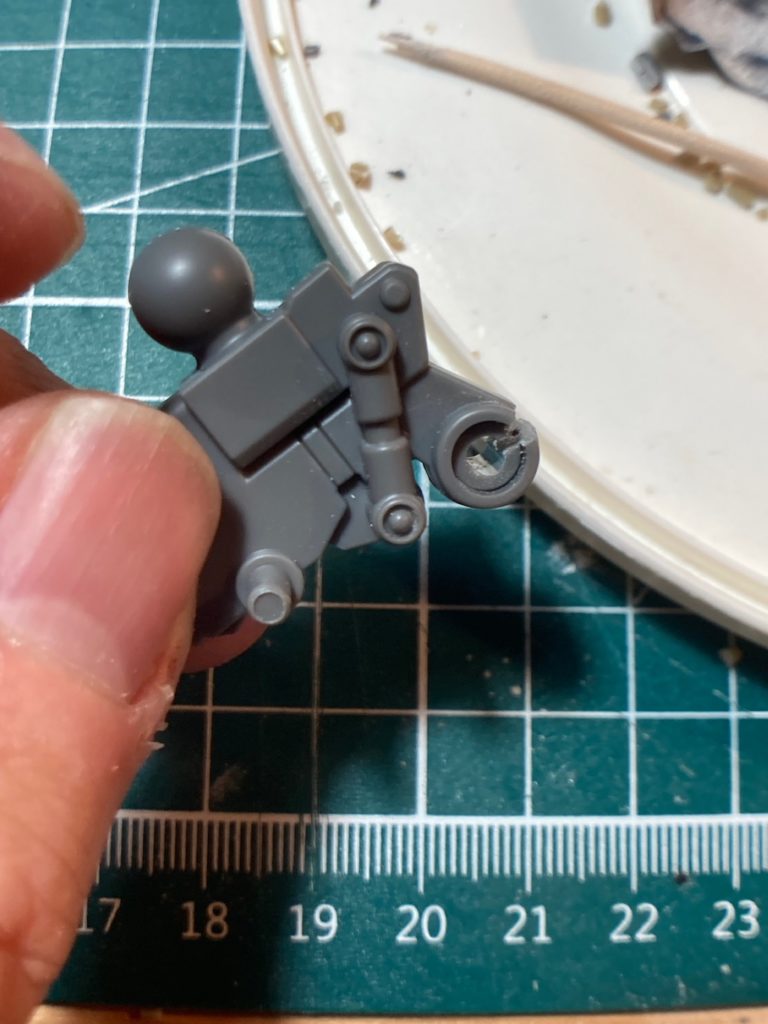
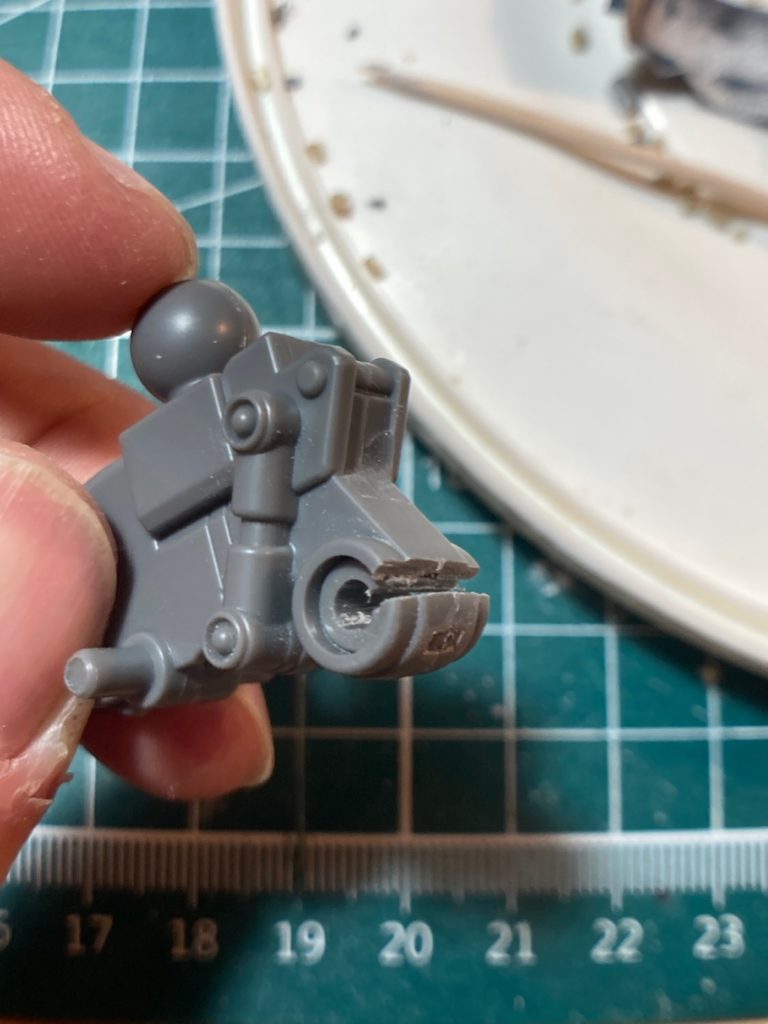
And as is often the case when I’m assembling, I forget some parts in the corner of the desk … except in this case, the parts had been glued for 24 hours.
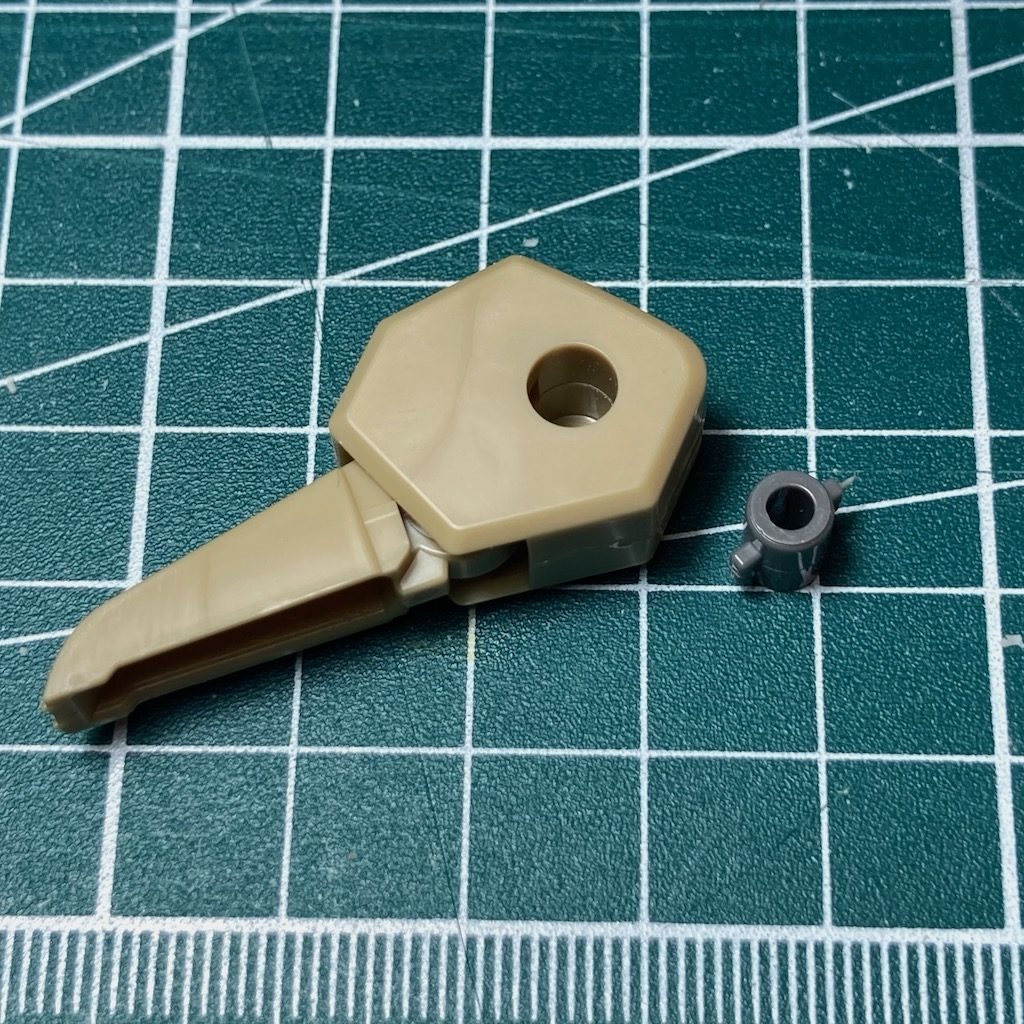
To fix this, I cut out the lugs on the grey part, then inserted it into the free slot on the foot and glued it in place.
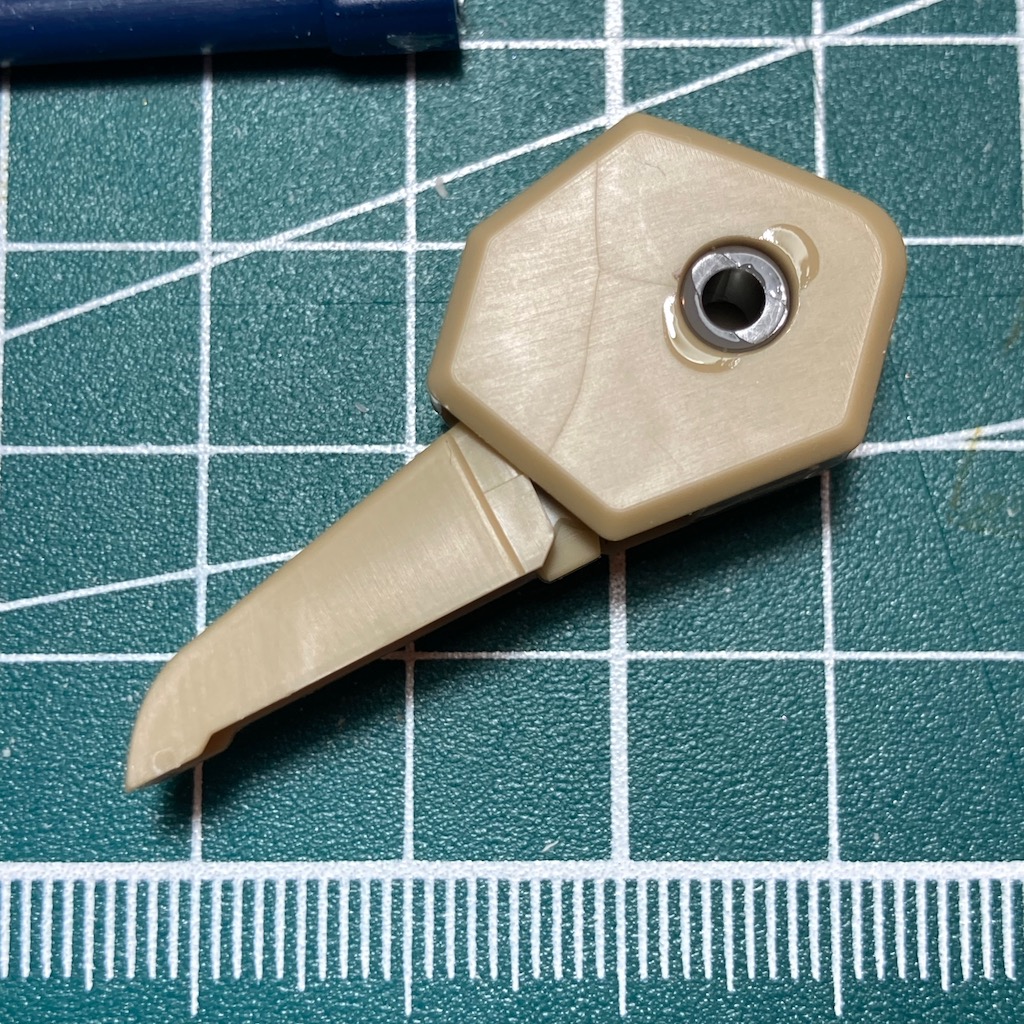
And that’s it, the legs are finished. The thighs, knees, calves, feet and their toes can be disassembled and assembled without a hitch, and with the joints invisible (on the photo, you can see some of the joints, but it was taken before the sanding was finished).
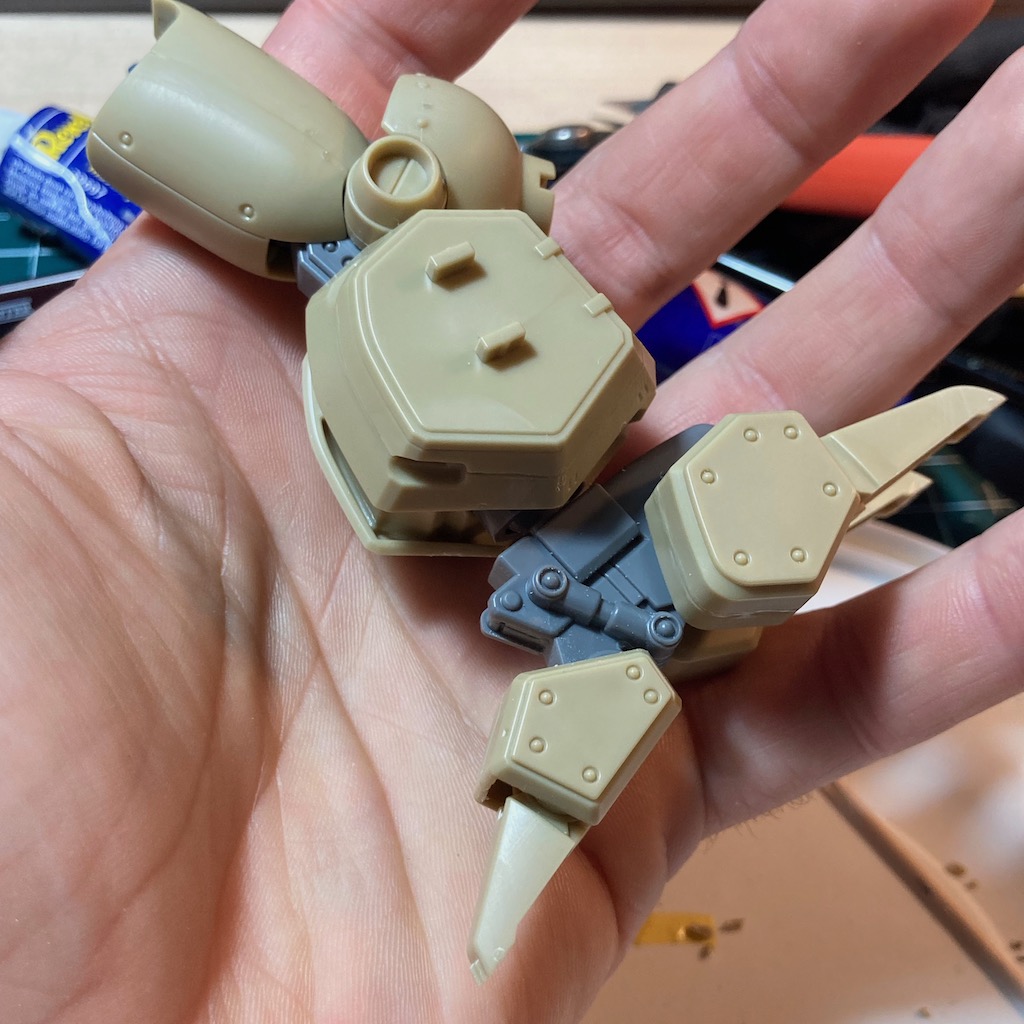
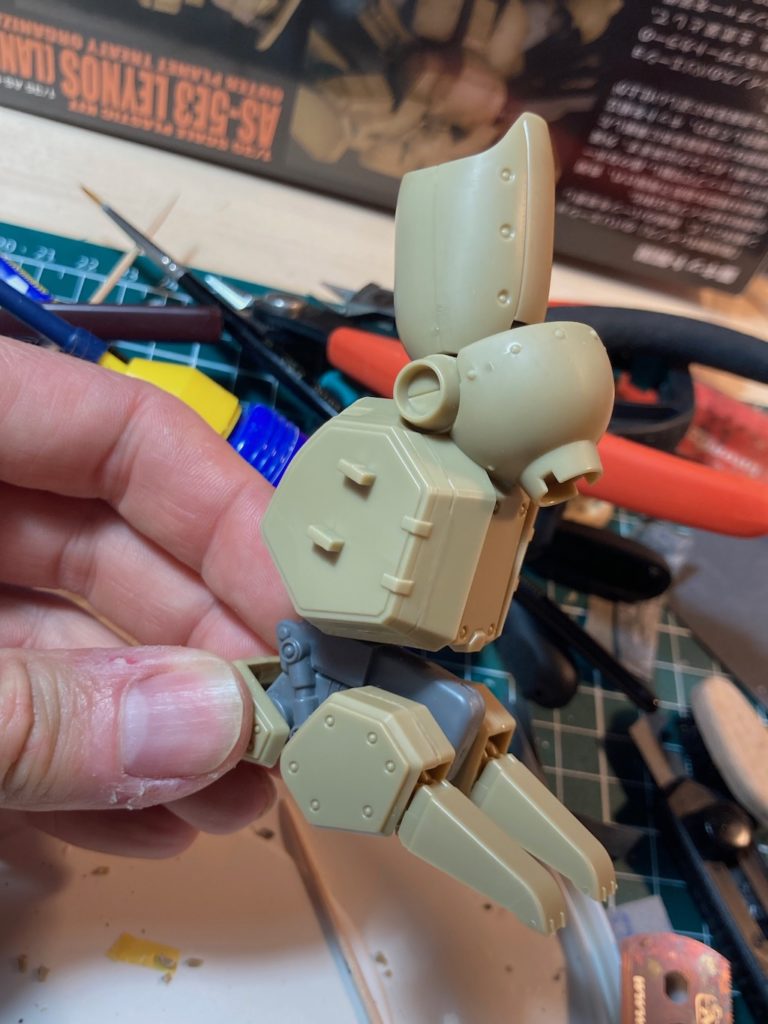
I hope you appreciate this post on the leynos model kit which is a really nice kit.
See you soon 😉
I’ve started to work on a new mech robot model kit of an original robot. It’s made by PLUM and it’s called LEYNOS. It’s inspired by the video game Assault Suit Leynos. In this article, I present my first minutes (hours?) of assembly.
I wasn’t familiar with PLUM’s models, and I must admit, I was surprised when I opened the box. The parts are highly detailed, with rivets and screw heads. This will require a little brushwork to highlight them.
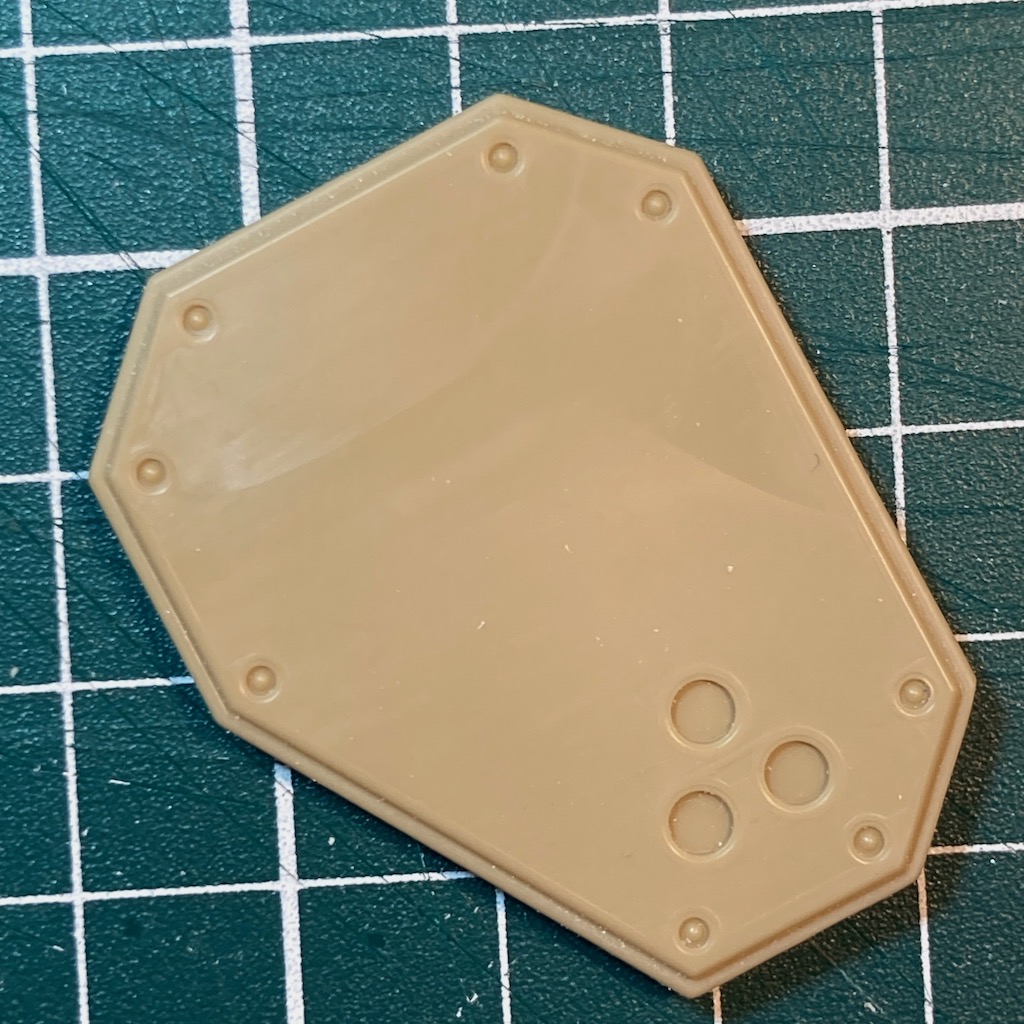
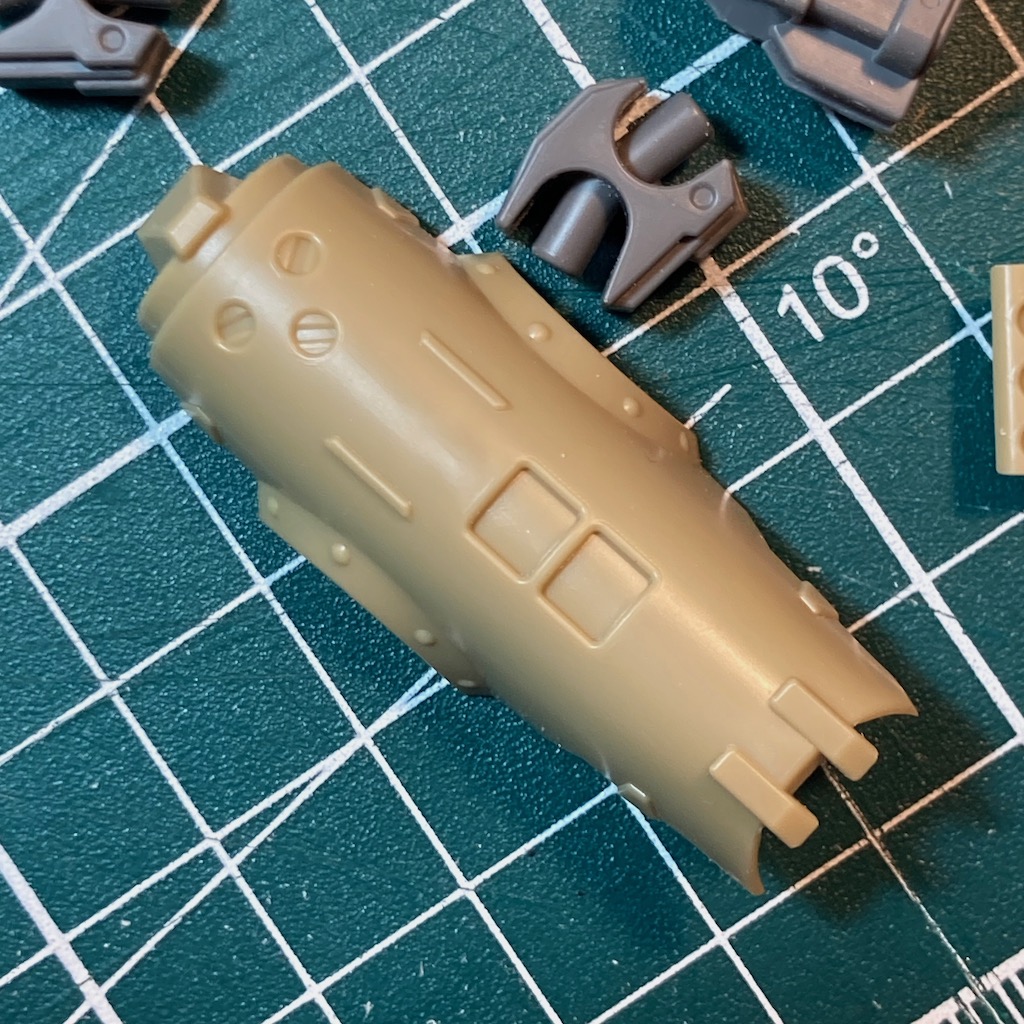
Assembly goes smoothly. The parts fit together without problem. I opted for glue to complete the joints.
You’ll need to paint some parts to make the kit a little more interesting. The sprues only come in 2 colors, which lacks variation. It’s a nice change from Bandai kits, which are usually very colorful. But I like painting the little details.
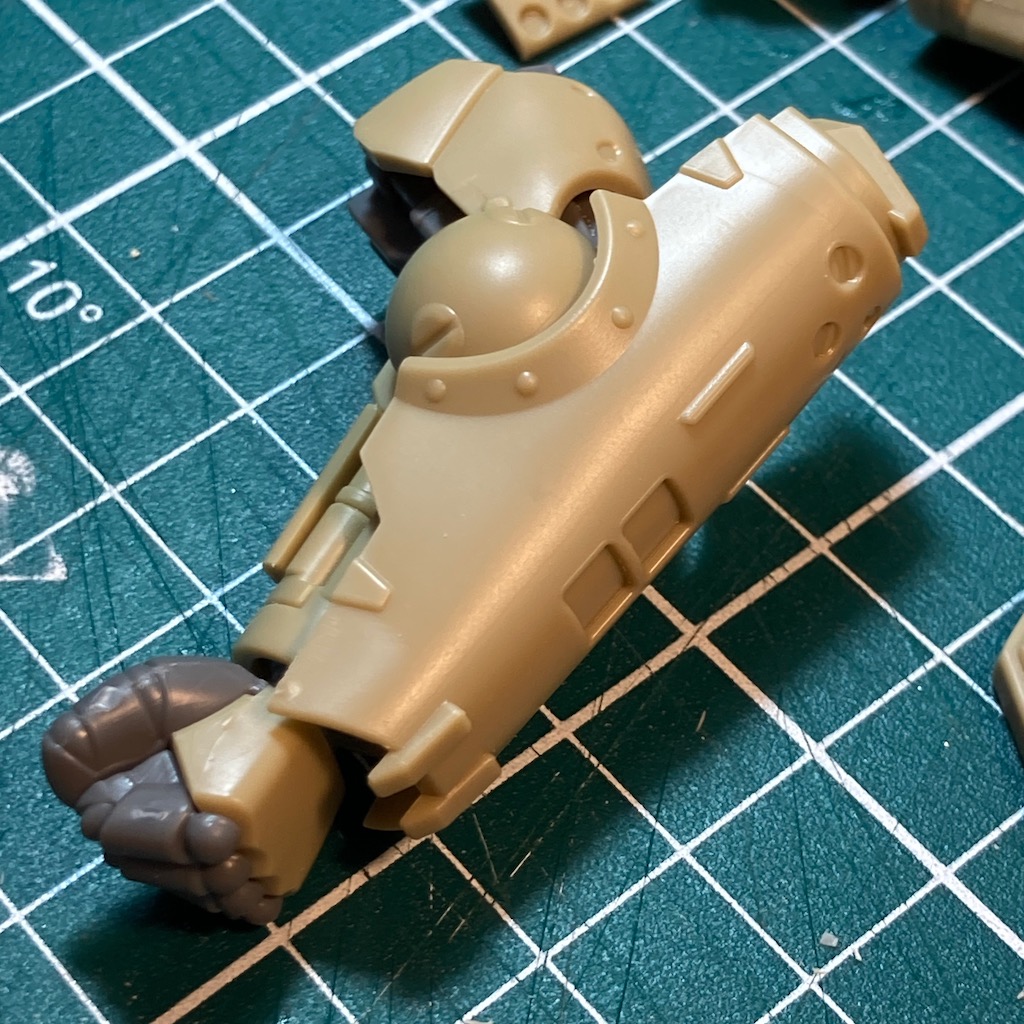
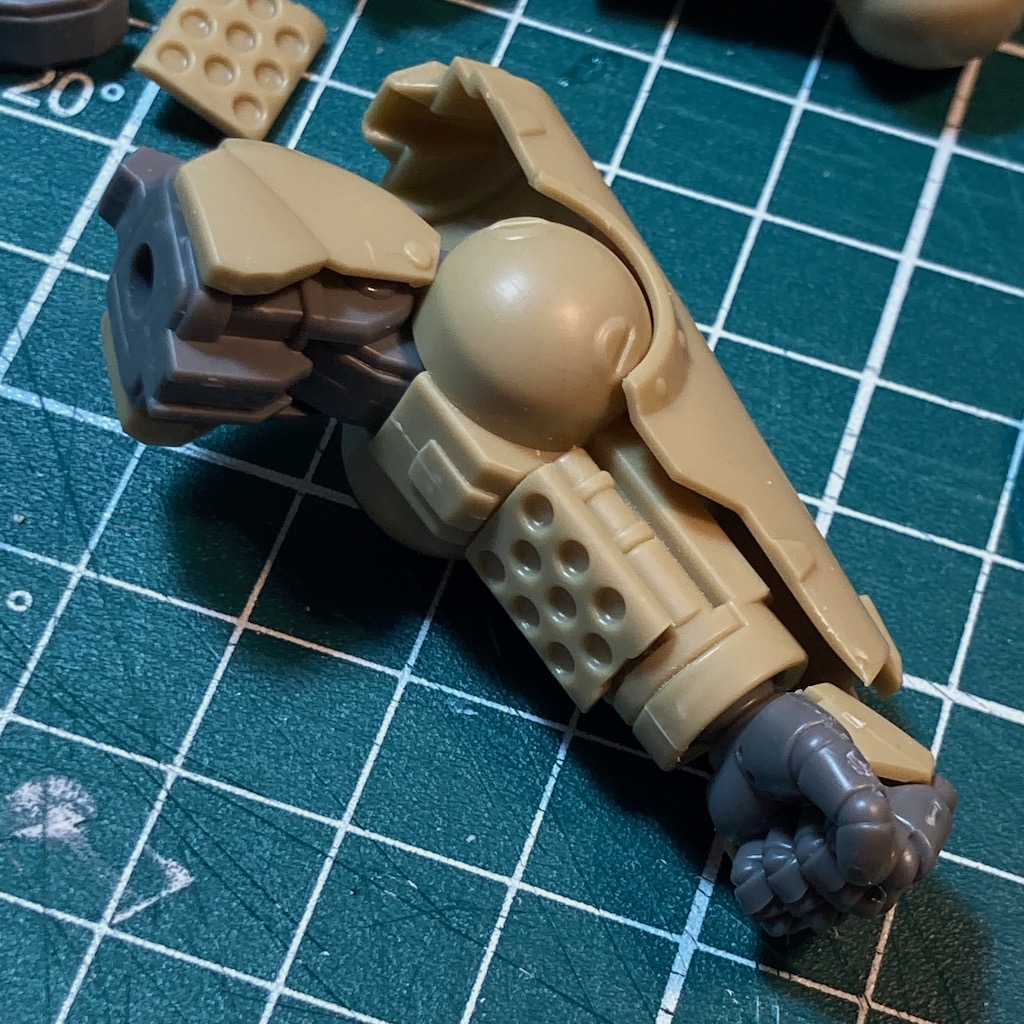
In a future post, I will finish to prepare all the part of this mech robot model kit. I will show you a straight build to check if there is no problem. And I hope to begin the paint.
See you soon 😉
I’m working with my first entry grade RX-78-2 gundam kit. It’s really simple to build it. But it don’t have a lot of details.
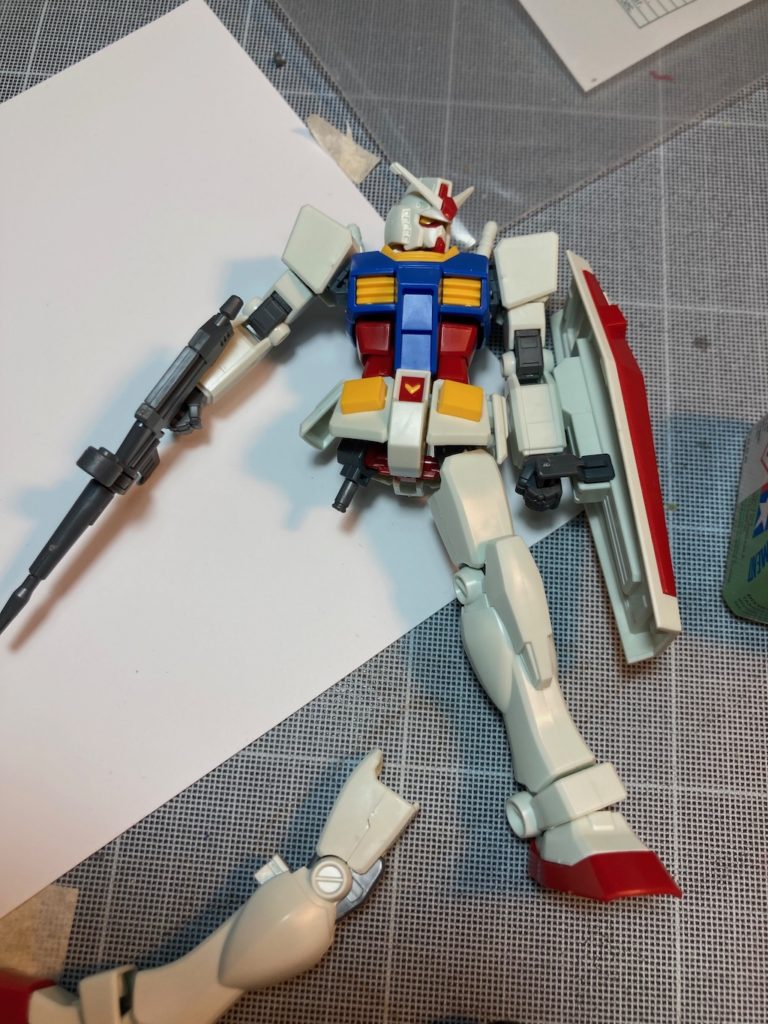
So I decided to improve it with a custom paint. I kept the original color scheme and I added shadows and scratches in order to create a more realistic mecha.
I chosen a black primer in cans to begin , then I used 3 base colors (red, blue and yellow) from GreenStuffWorld to prepare the pre-shading.






It’s time to paint the base coat with the airbrush (0,2mm nozzle), I decided to work with the MIG Ammo acrylics paints for this part and specially with a special set made for gunpla. But this paint cover a lot the under coat, so I used a specific product called « transparator » to improve the transparency of the base coat.
Two coats is enough to cover the armor and to keep the pre-shading work. It work perfectly for the white, the red and the blue. I hand painted the yellow parts to avoid to mask all the model. And to finish I dried brush the articulations.





I added some grey scrathes by brush on the colored parts, and brown scratches on the white parts. I continue with enamel washes to make rust streaks and dirt effects on specific locations.
To finish, I put medium rust pigments.



After a matt varnish coat, this the final result.
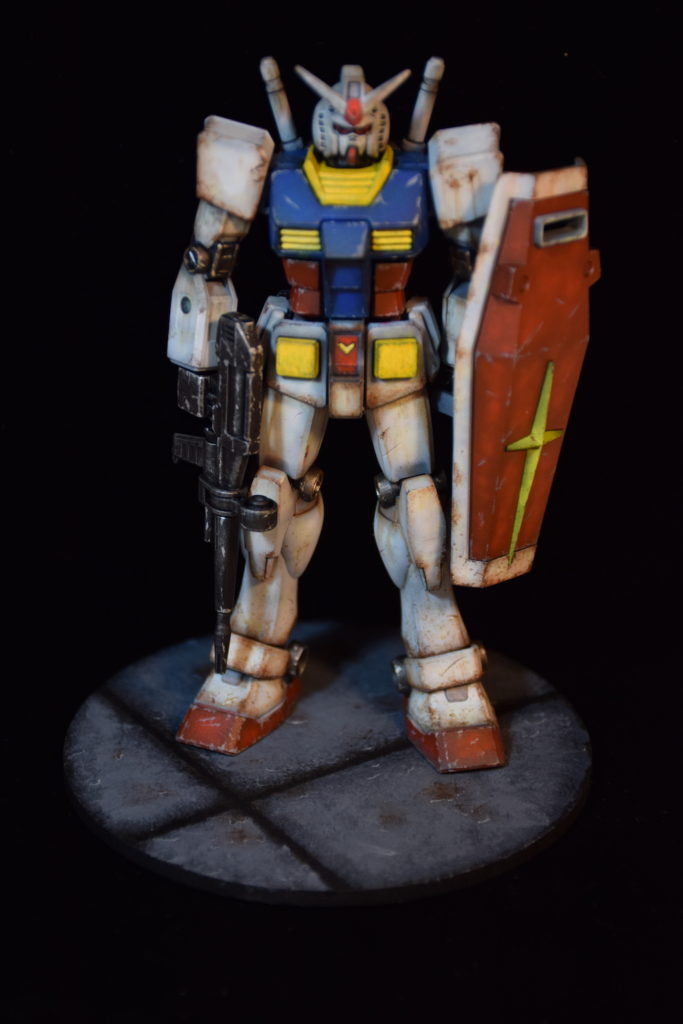
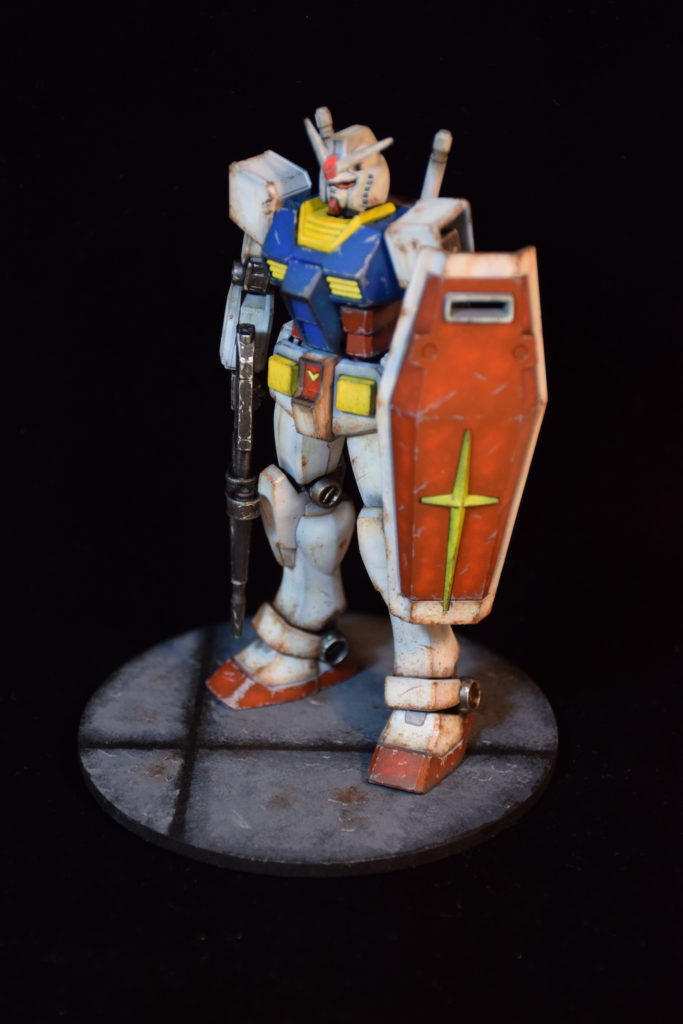
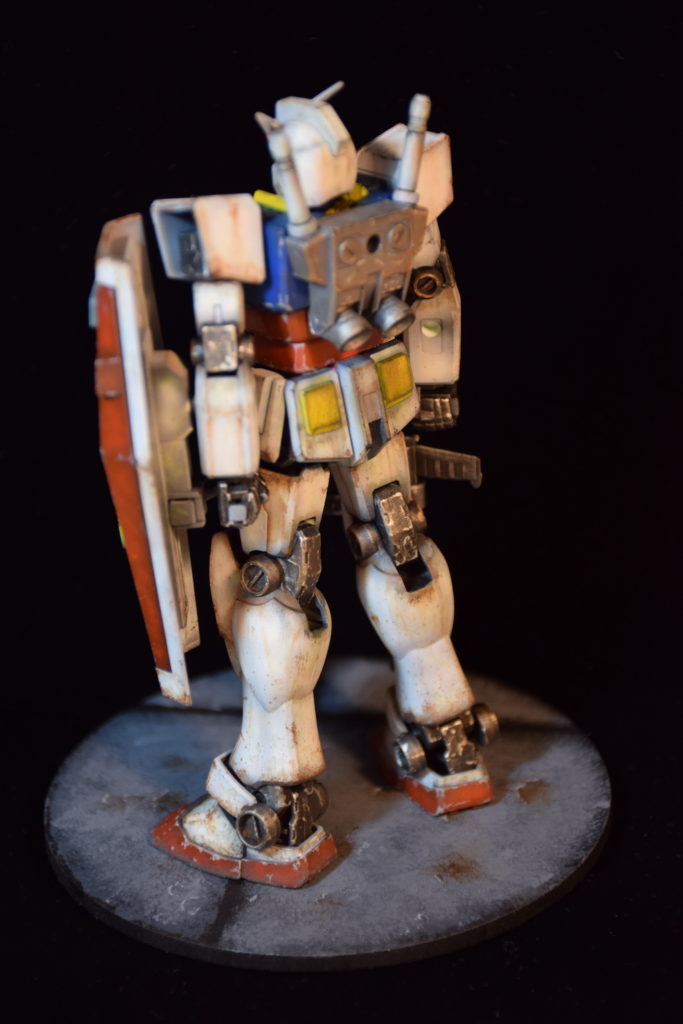
After a lot of mechas, I take few times to paint a warhammer 40,000 figurine.
Someone offer me 2 space marines, so I built one for fun. For the color scheme, I chose the blood angels.
See you soon 😉
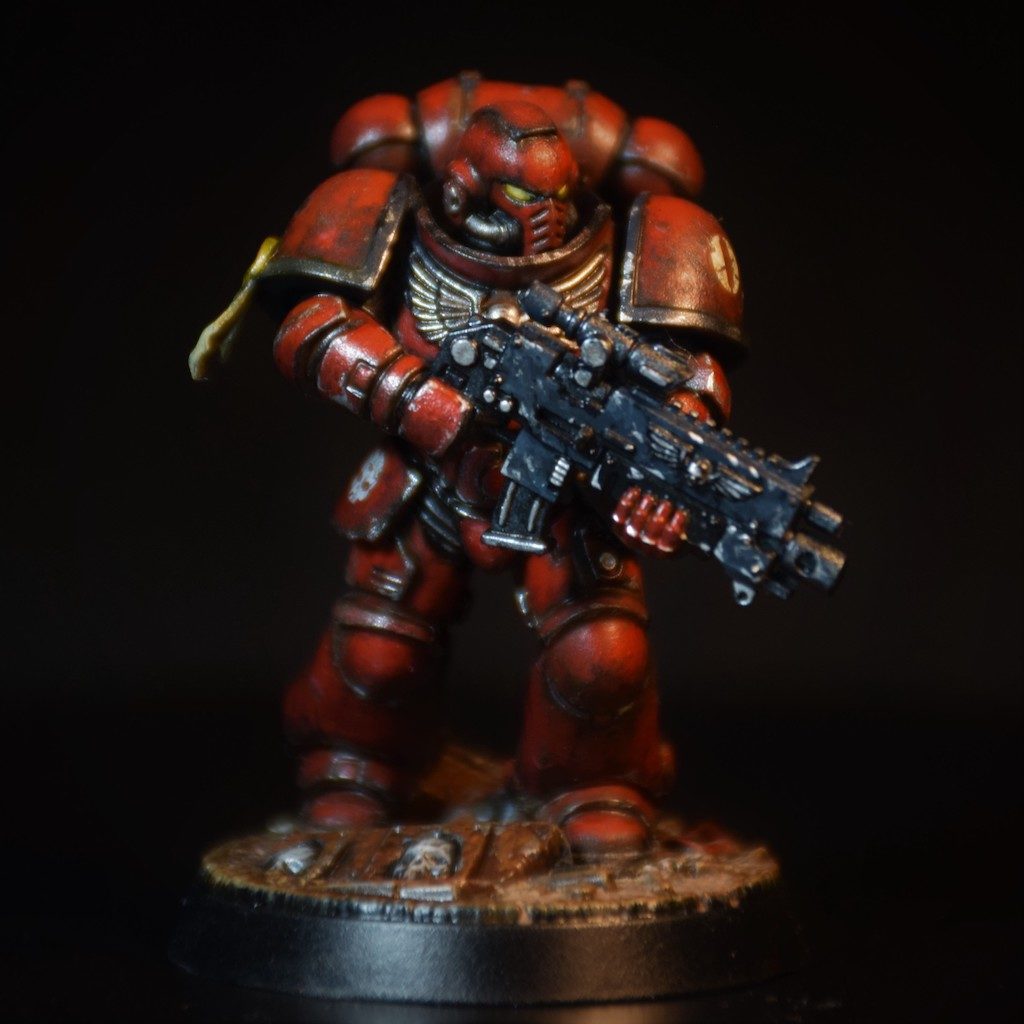
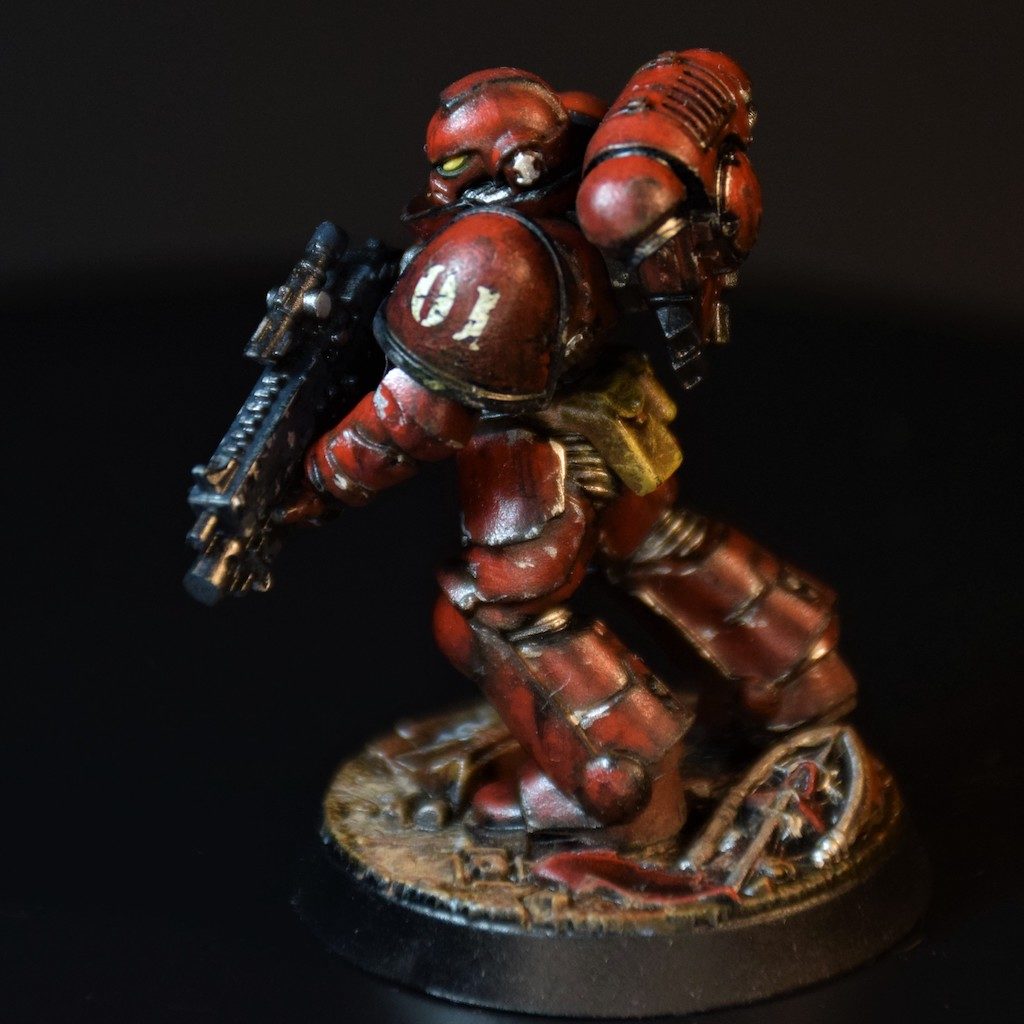
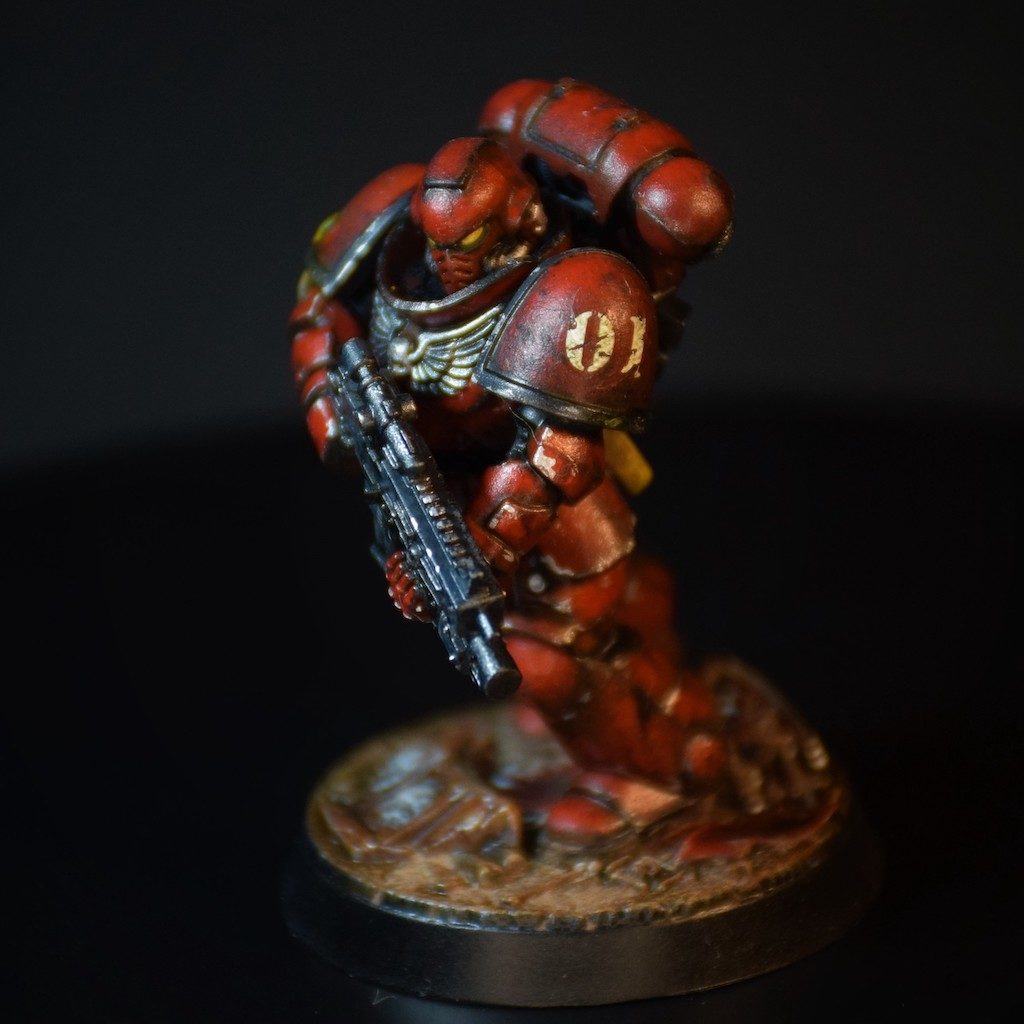
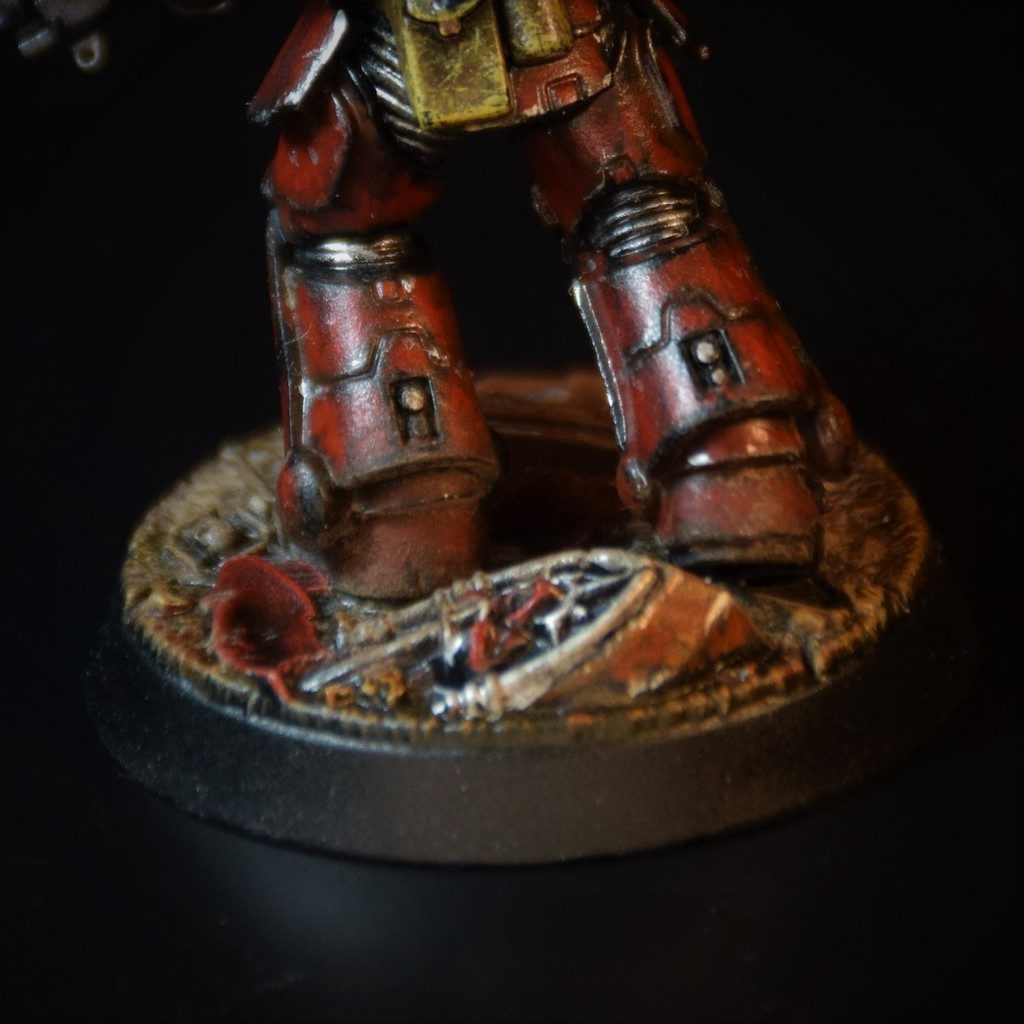
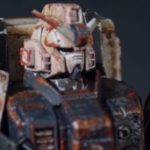
« An old RX-79 mobile suit that had been lying around in the forest for a long time. It was fix to go and help out those partner of the 8th team who fell in battle in the guerrilla zones. It has suffered a lot during its career but it still works. It can also be used as a support unit with its 180mm gun.«
[ngg src= »galleries » ids= »2″ display= »basic_thumbnail » thumbnail_crop= »0″]Its dedicated gallery : https://flashfan981.com/index.php/the-mine-sweeper-1-144-hg-rx-79-g/